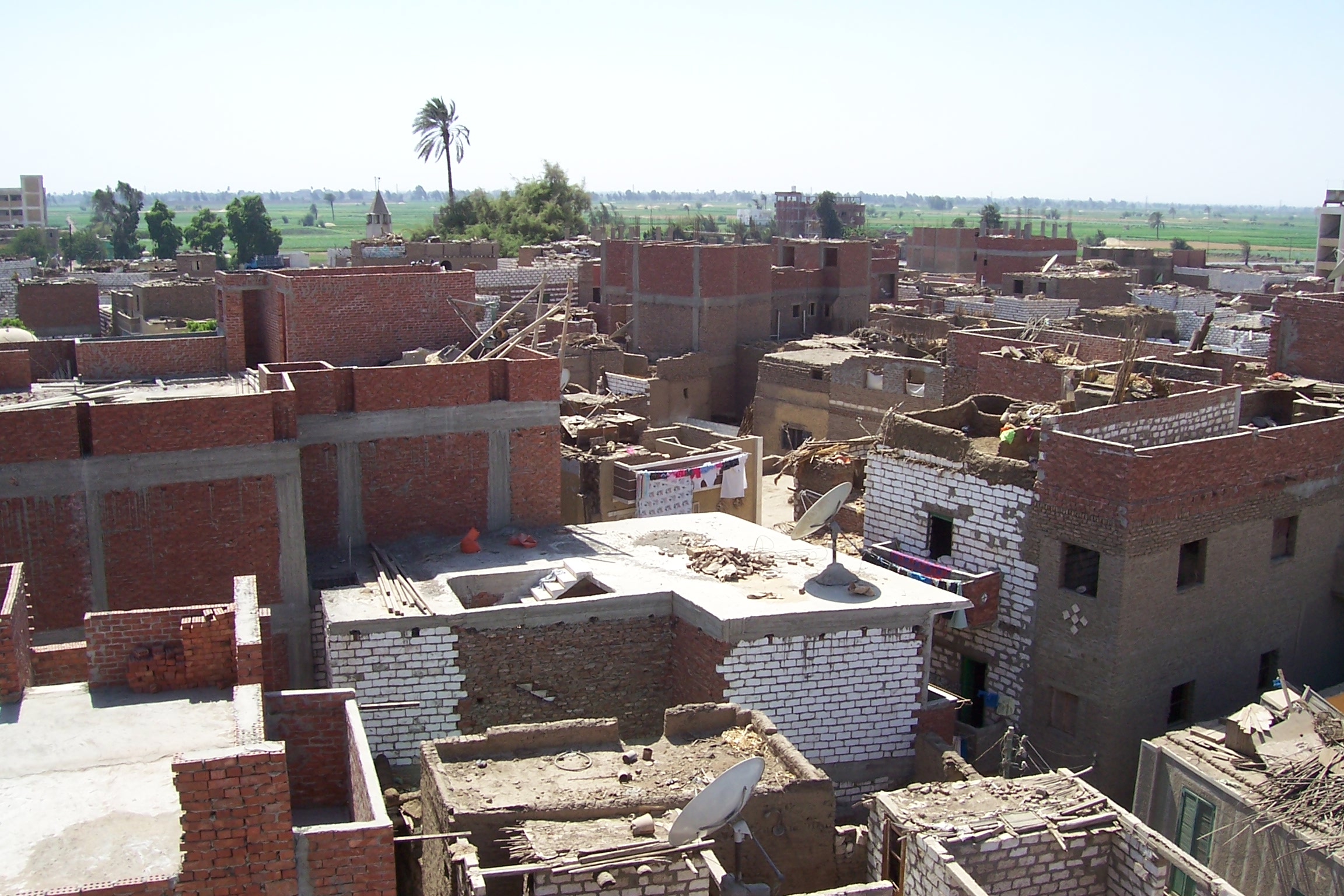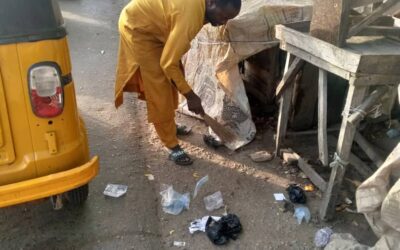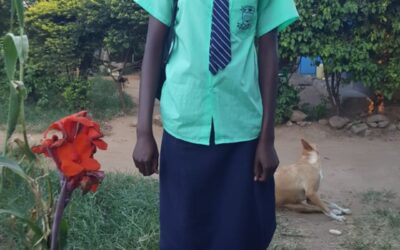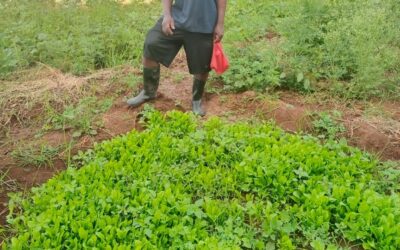Connecting TCD Communities and their Natural Environment
April 22, 2024
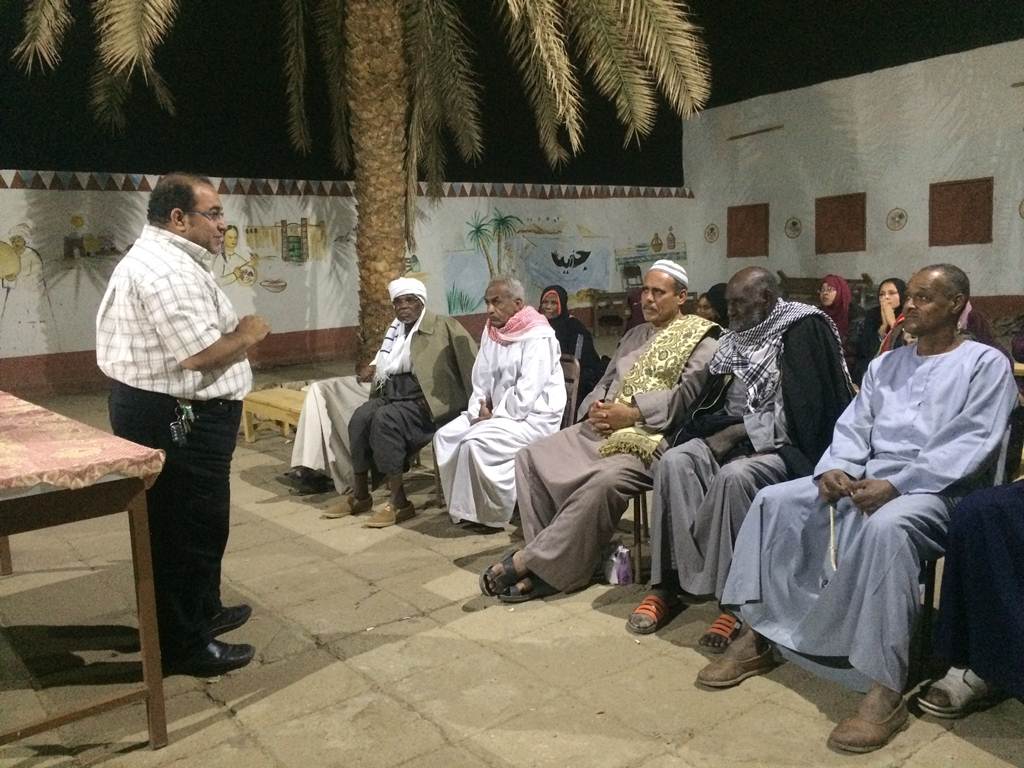
Every community that GHNI works with exists within a context – political, economic, religious, environmental. Sometimes, these contexts facilitate the work that the community is undertaking like when the development office of the local government conducts training on how to build a firebreak in the nearby forest or when the regional faith leaders bring members of their congregation to volunteer on a project. Other times, the context can hold back Transformational Community Development (TCD) projects like when local farmers incorporate a new method of drying their coffee beans to make more income but, through no fault of their own, the price of coffee drops due to a trade agreement that places their produce at a disadvantage to imports.
It’s All Connected!
The healthier the environment is (such as more nutrients in the soil, less erosion, more water availability, etc.), the better the yield of crops will be for farmers and the better the TCD work will go. Take a village in Ethiopia as an example. This east African nation is infamously vulnerable to extended periods of drought. Water shortages are exacerbated when people cut down trees, pipe water out of the river, drain the water table through excessive drilling, and inefficiently use the water they do have. Extended dry periods have a ripple effect in that local agricultural output plummets causing the economy to wither – meaning hungry families and children not in school. The economic and physical health of the community is affected by the environmental health of the region which can have a dampening effect on the TCD program’s progress.
TCD communities all over the world, like those in Ethiopia, are thinking of development holistically. TCD has always had a environmental stewardship component, and now with GHNI’s new environmental team, GHNI is upskilling our teams and better understanding the environmental component of TCD – and we are seeing excellent results. Sometimes this looks like water conservation or solar lighting projects, other times environmental stewardship takes the shape of rooftop garden projects, as is the case in Egypt.
Rooftop Gardens in Egypt
In Egypt, the GHNI team launched a new project to expand access to healthy food and reduce the urban heat island effect through rooftop gardens.
Upper Egypt suffers from extreme poverty, high temperatures that can exceed 104°F, a lack of nutritious foods, and high prices for food. One goal of this project is to provide a small-scale solution to the urban heat island effect – serving both the environment and public health. A clever use of underutilized space, rooftop farming helps cool the home and the surrounding area by reducing the temperature of the roof and the ambient air, reducing energy use, all while also improving the aesthetics of the city. Furthermore, by eating locally produced food, emissions from transporting produce are eliminated which reduces greenhouse gas emissions.
Another aim of this project will be to help families produce their own fruits and vegetables despite limited space thus saving them money and improving their diet. Finally, the construction of a rooftop garden will help reduce the temperature inside the home and promote good psychological and physiological health. These environmental considerations help our TCD work to be more effective in the long term.
Given all these positive impacts on TCD and ultimately the hidden and the hurting whom we serve, this is why GHNI is so committed to working with the whole community because we recognize that good development involves many factors – the environment included. When we steward nature well, it provides for us in return. Holistic health – that’s a big part of TCD.
Written By: Maddie Cason
Director of Environmental Stewardship
Latest Stories from Africa
There is a Way to Stay Healthy
Despite the difficulties in Kibera, community members are making sure to pass on wellness and sanitation knowledge so everyone may benefit.
Advocating For Equal Education
A whole new world of secondary education is opening up for the girls of Gem Village.
Giving Farming Another Go
Knowing better farming techniques enables one man to reestablish his farm and regain his self-sufficiency.

